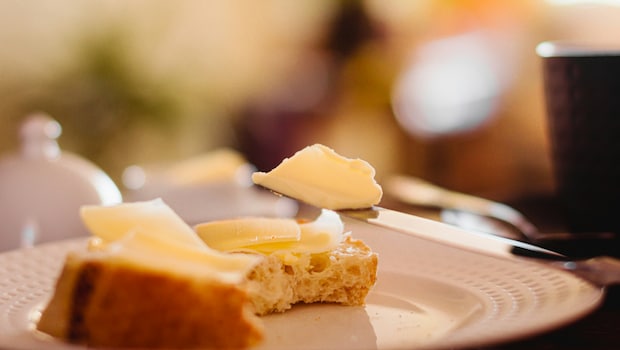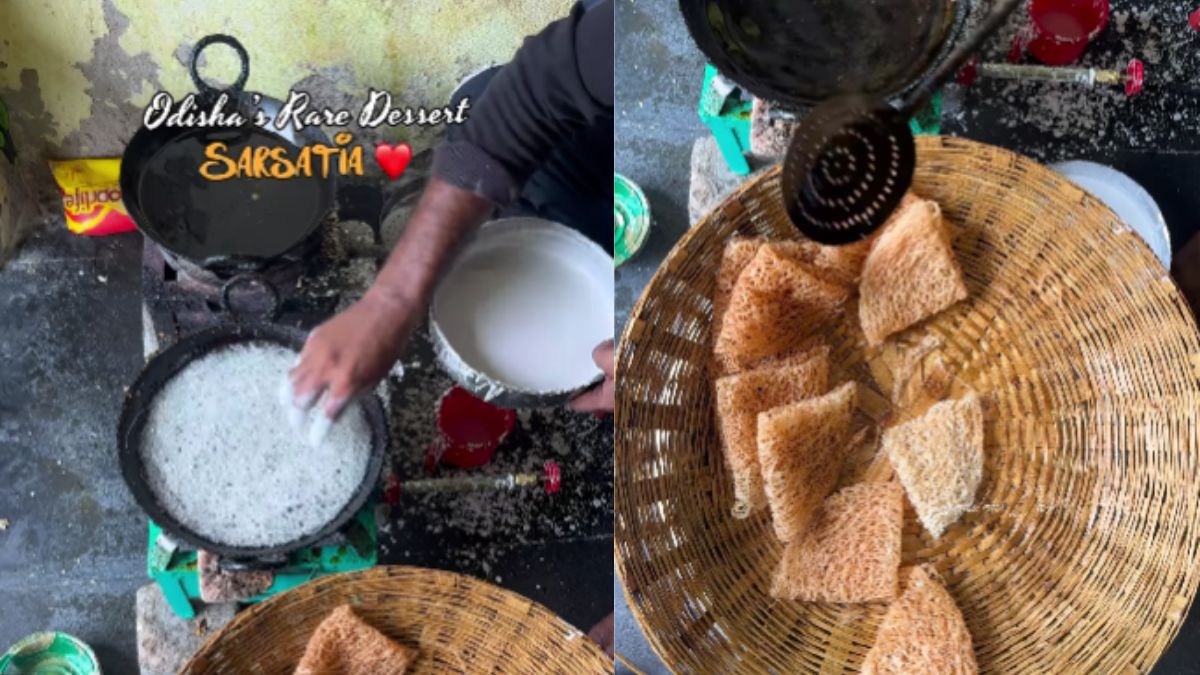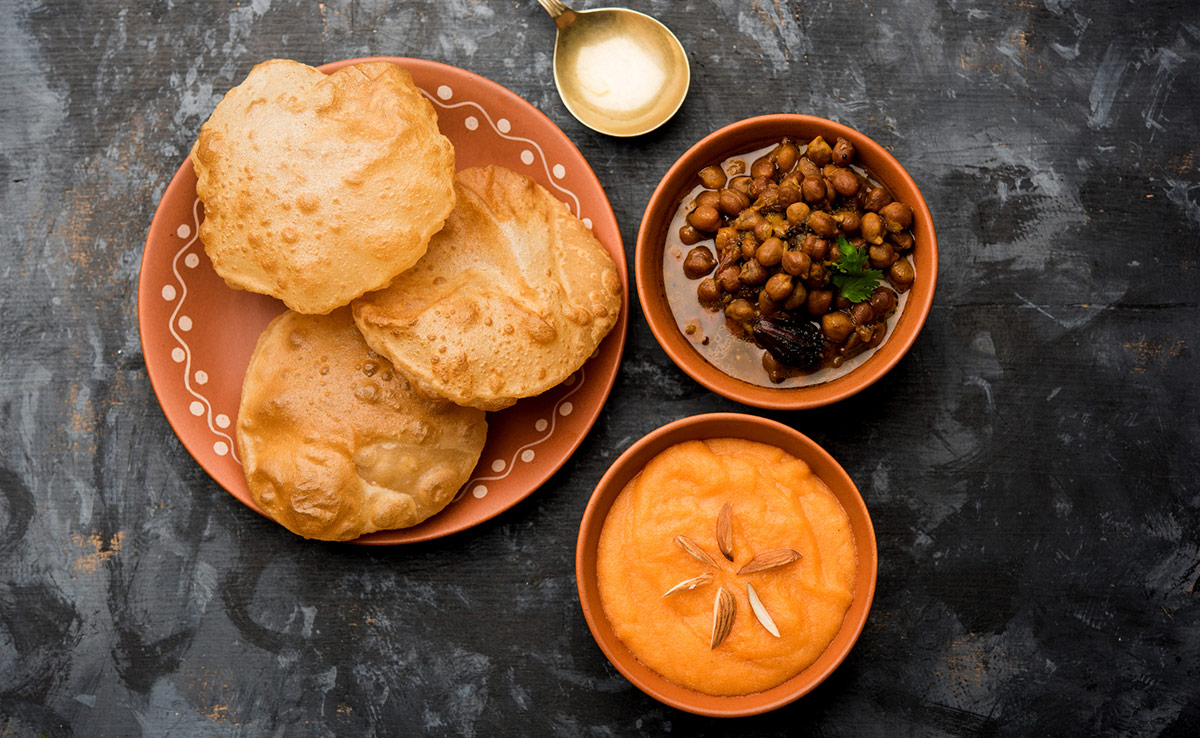More than 29,000 kilos (64,800 pounds) of butter have been voluntarily recalled after it was discovered the packaging forgot to mention a crucial detail - it contains milk. Milk in butter might sound obvious, right? But when it is not listed on the label and someone with a milk allergy unknowingly consumes it, things can get serious real quick. On July 30, the US Food and Drug Administration (FDA) classified the recall as a 'Class II' level. That is one notch below the most urgent level.
Also Read: Watch: Mouse Spotted On Malai Makhan Trays At Lucknow Sweet Shop, Leaves Internet Disgusted
According to the FDA website, a Class II recall refers to "a situation in which use of or exposure to a violative product may cause temporary or medically reversible adverse health consequences or where the probability of serious adverse health consequences is remote." Here, a 'recall' is a safety step to remove or correct a product that is not meeting regulatory standards or could harm consumers.
The butter being recalled is from Bunge North America Inc., a food company based in Missouri. On July 14, they voluntarily recalled 1,800 cases of their NH European Style Butter Blend (500 gm packs). Each case had 36 blocks of butter, packed in white paperboard boxes. The problem? Milk, a major food allergen, wasn't mentioned anywhere on the product label. The company said the recalled butter was sent to 12 distribution centres across the US and one in the Dominican Republic. So far, there is no official word from the FDA on whether anyone has fallen ill from eating the product. Allergen labelling rules are in place for a reason.

Photo: Unsplash
As the FDA explains, food-related allergic reactions can range from mild (like hives, vomiting, diarrhoea or lip swelling) to severe, life-threatening ones like anaphylaxis. That is when the immune system goes into overdrive and releases a flood of chemicals, sending the body into shock. This is potentially fatal if not treated quickly.
Because of such risks, the FDA enforces strict regulations to make sure allergens are clearly declared on packaging.
The FDA advises that if someone with a milk allergy has already eaten the butter and is experiencing symptoms, "stop eating the food immediately, evaluate the need to use emergency medication (such as epinephrine) and seek medical attention."
Also Read: "Riding On Good Karma": Reddit Applauds Mumbai Auto Driver For Keeping Free Water, Snacks
Butter is made from cream, not straight from plain milk. The cream is separated, pasteurised, then churned until fat separates and forms butter. That clumpy fat is processed, washed, worked, sometimes salted, and packaged into the block you buy.
Earlier this week, High Noon Hard Seltzers were recalled after a labelling mix-up led to some vodka-filled cans being mistakenly packaged as non-alcoholic Celsius Astro Vibe Energy Drink. Read all about it here.




